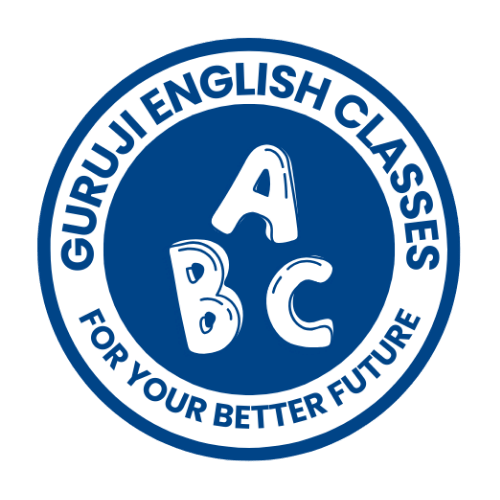What Would You Do? (16 Questions)
|
|||
Would You Like..?
Would you like + verb
How to use “would like” with a verb?
“Would like” is used to mean “want”, but it is used for more polite expressions.
“Would like” is used to mean “want”, but it is used for more polite expressions.
- Do you want to drink something cold? ( This is less formal and polite. We usually use this for friends, children, and etc.)
- Would you like to drink something cold? (This is more polite and formal.)
We can use it with a verb:
Form: Subject + would like + to + verb
- I would like to eat some cheese.
- Would you like to have some water?
- She would like to eat a piece of cake.
We can use it in positive, negative sentences and questions.
- I would like to stay home today.
- She would like to buy a new car.
- Would you like to go to the cinema?
- Would you like to eat an apple?
- He wouldn’t like to come with us.
- Mary wouldn’t like to watch that movie.
“Would like” is the same for all subjects.
- I would like to play tennis tomorrow night.
- You would like to play tennis tomorrow night.
- He / she / Sally would like to play tennis tomorrow night.
- We would like to play tennis tomorrow night.
- They / our homemates would like to play tennis tomorrow night.
Contractions:
We can make them shorter by using contractions:
I would like = I’d like
She would like = She’d like /he’d
They would like = They’d like
We would like = We’d like
You would like = You’d like
She would like = She’d like /he’d
They would like = They’d like
We would like = We’d like
You would like = You’d like
- I’d like to drink some milk.
- I’d like to eat some olives.
- I’d like to cook some eggs.
- I’d like to buy some bread.
“Would like” is a polite way to say “I want” in English.
For example:
“I want to buy a ticket” is impolite because “I want” sounds selfish and arrogant.
“I would like to buy a ticket please” is polite and friendly.
Grammar rules for would like
“I would like” is followed by an infinitive verb or a noun.
“I would like to book a double room for Saturday.” (infinitive verb “to book”.)
“I would like a single room for Saturday.” (noun “a single room”.)
Because “would” is a modal verb, it doesn’t change for he / she “third-person singular”.
I would like
You would like
He / she would like
We would like
They would like
I would like
You would like
He / she would like
We would like
They would like
There is no “s” on he / she / it.
You can abbreviate the “would” to ‘d:
I’d like
You’d like
He’d like
She’d like
We’d like
They’d like
You’d like
He’d like
She’d like
We’d like
They’d like
Don’t abbreviate from “would” to “‘d” in the question or negative forms.
“I wouldn’t like” (not “I’dn’t like”.)
“I wouldn’t like” (not “I’dn’t like”.)
To form the negative, add “not” or the abbreviation “n’t” to “would”:
I would not like / I wouldn’t like
You would not like / You wouldn’t like
He / she would not like / He wouldn’t like
We would not like / We wouldn’t like
They would not like / They wouldn’t like
You would not like / You wouldn’t like
He / she would not like / He wouldn’t like
We would not like / We wouldn’t like
They would not like / They wouldn’t like
To form the question, change the subject-verb word order to verb-subject:
Would I like…?
Would you like …?
Would he / she like …?
Would we like …?
Would they like …?
Would you like …?
Would he / she like …?
Would we like …?
Would they like …?
The short reply is
Yes, I / you / he / she / we /they would.
No, I / you / he / she / we / they wouldn’t.
Yes, I / you / he / she / we /they would.
No, I / you / he / she / we / they wouldn’t.
Other ways to be polite in English
It’s important to be polite when you speak to English people. Here are some ways you can do this:
Say “good morning”, “good afternoon”, “hello” etc before you ask for something
“Good morning! I’d like to buy a return ticket to London, please.”
“Hello! Can I get a coffee and a Danish to go, please?”
“Hello! Can I get a coffee and a Danish to go, please?”
Use polite words like “please”, “thank you” and “excuse me”
Always see “please” when you ask for something. Put “please” at the end.
“Can you tell me the way to the Post Office, please?”
Say “thank you” when someone does something for you. (You can also say “thanks”.)
“Hello, I’d like to buy a first-class stamp, please.”
“Here you are.”
“Thank you.”
“Here you are.”
“Thank you.”
Say “excuse me” as a sort of introduction before you ask for something or speak to someone.
“Excuse me, does this train stop at Reading?”
“Excuse me, do you know what platform the London train goes from?”
